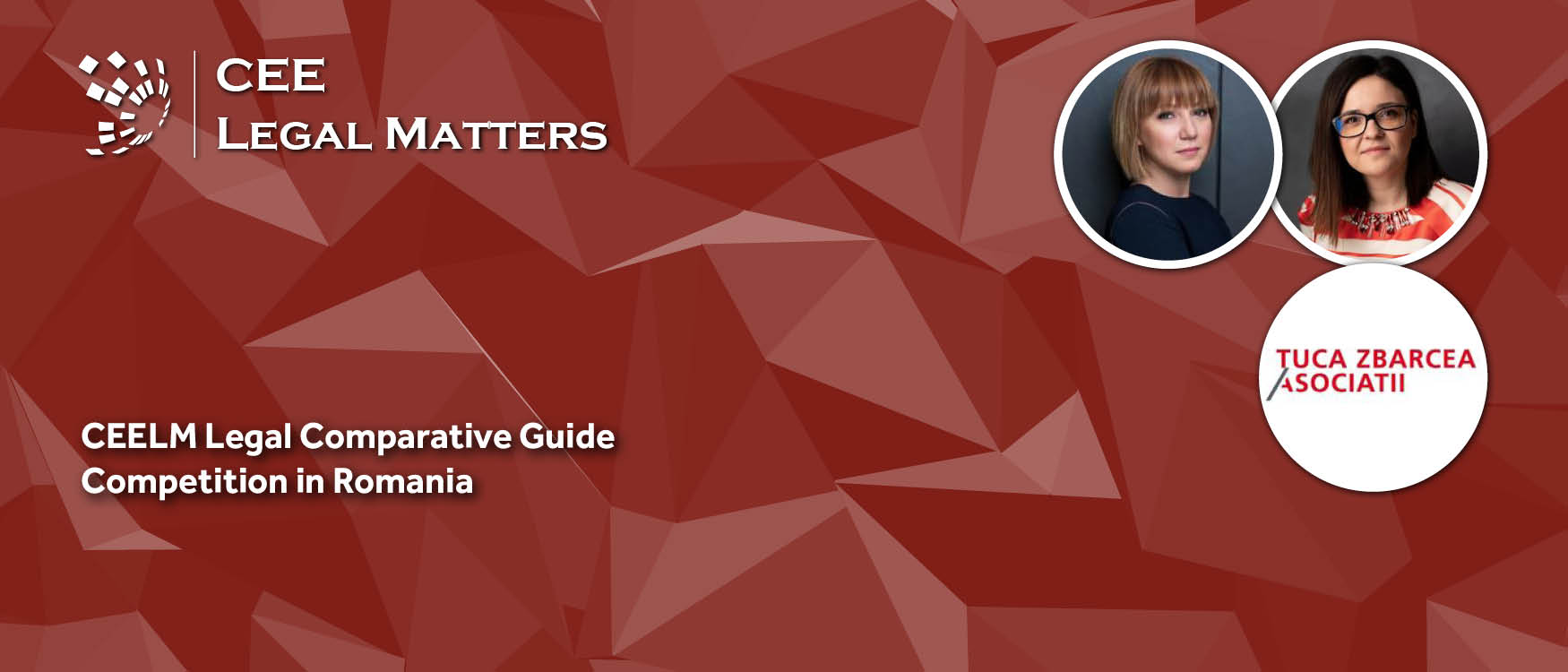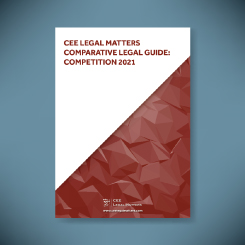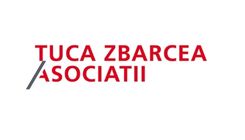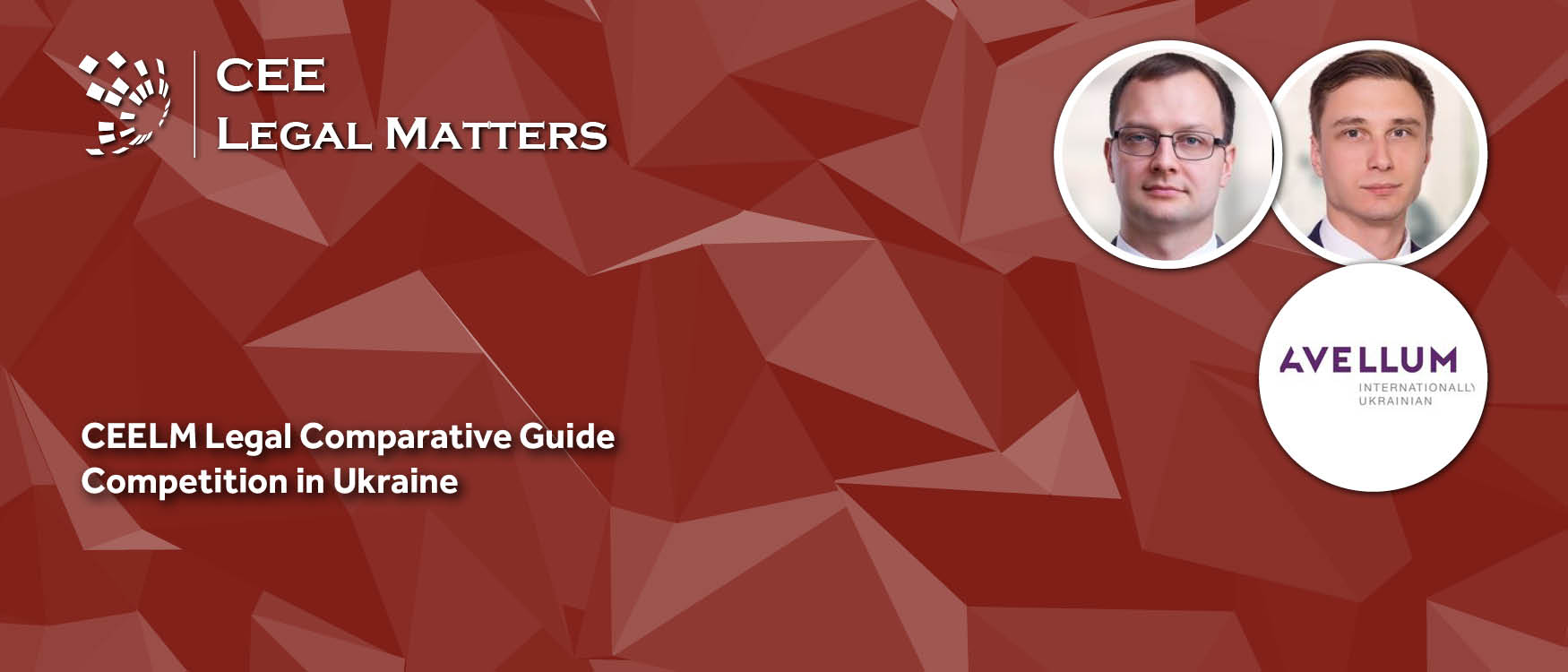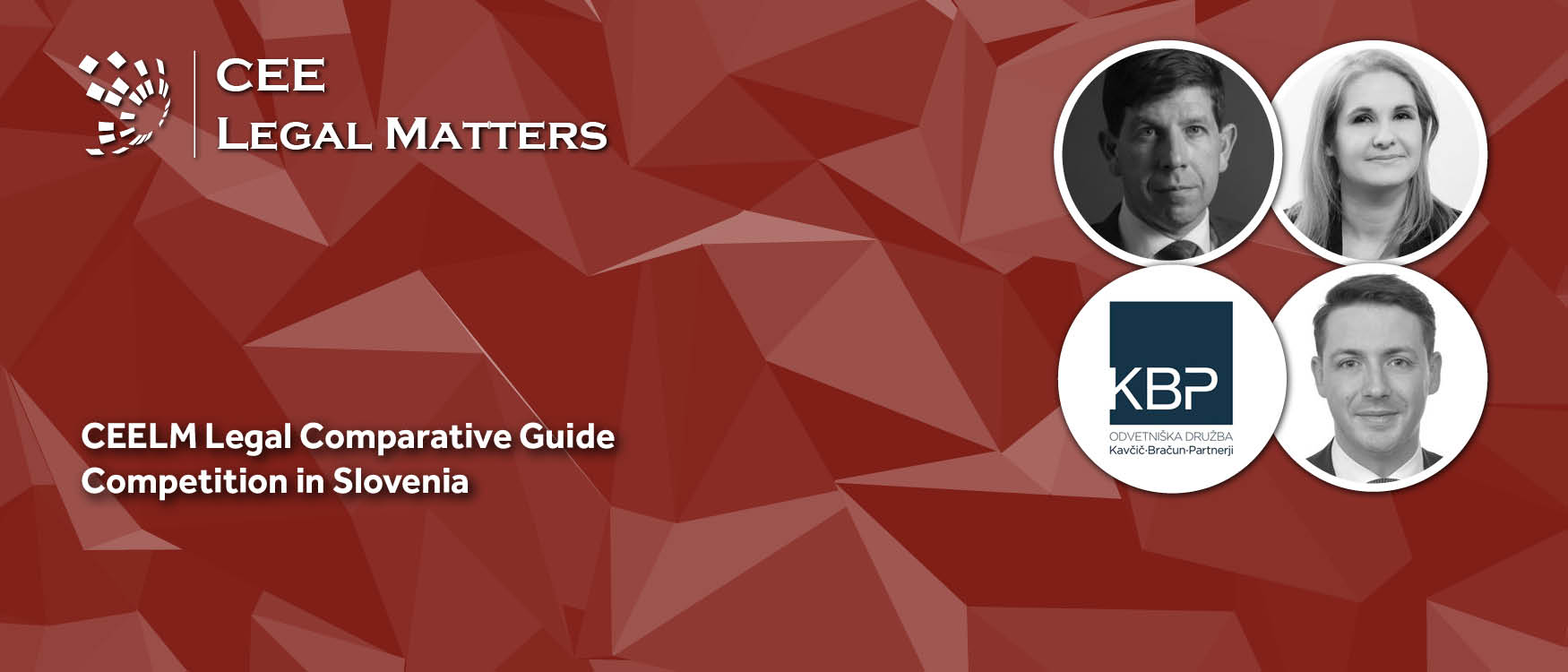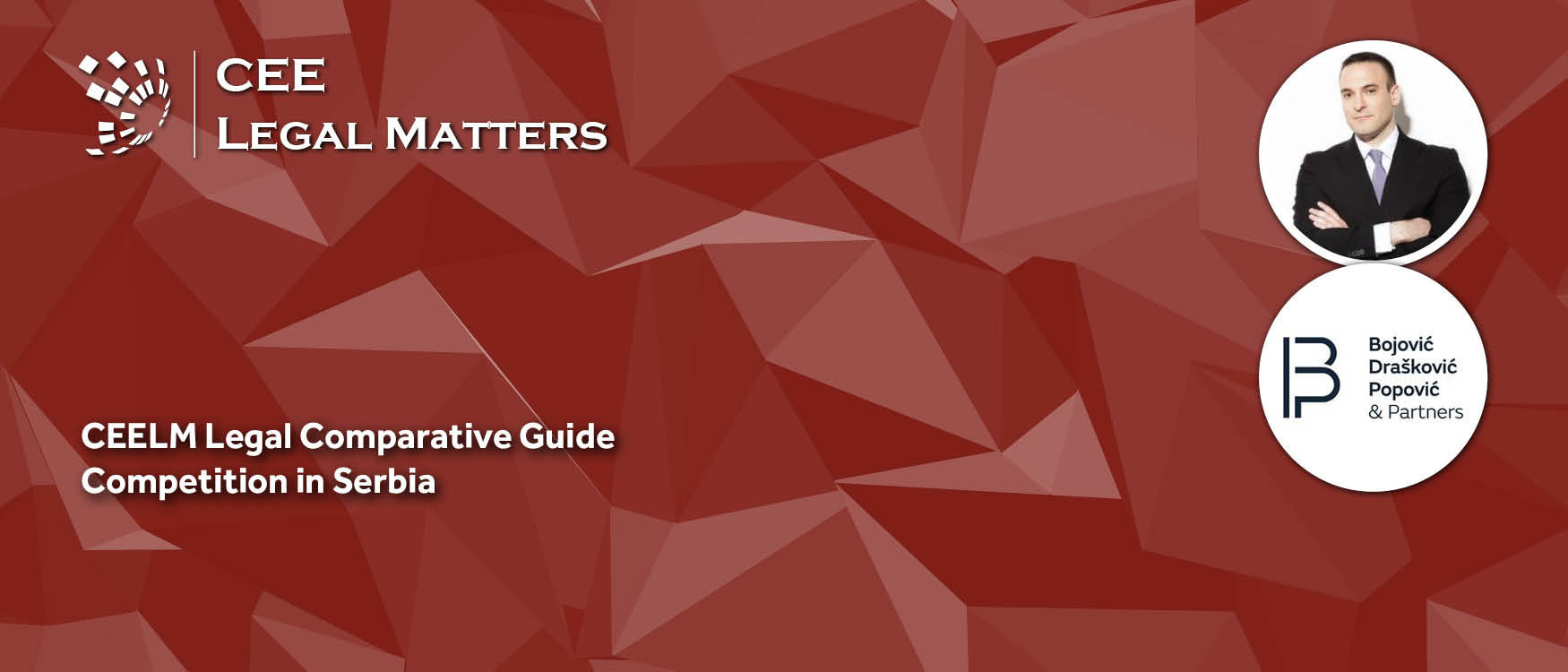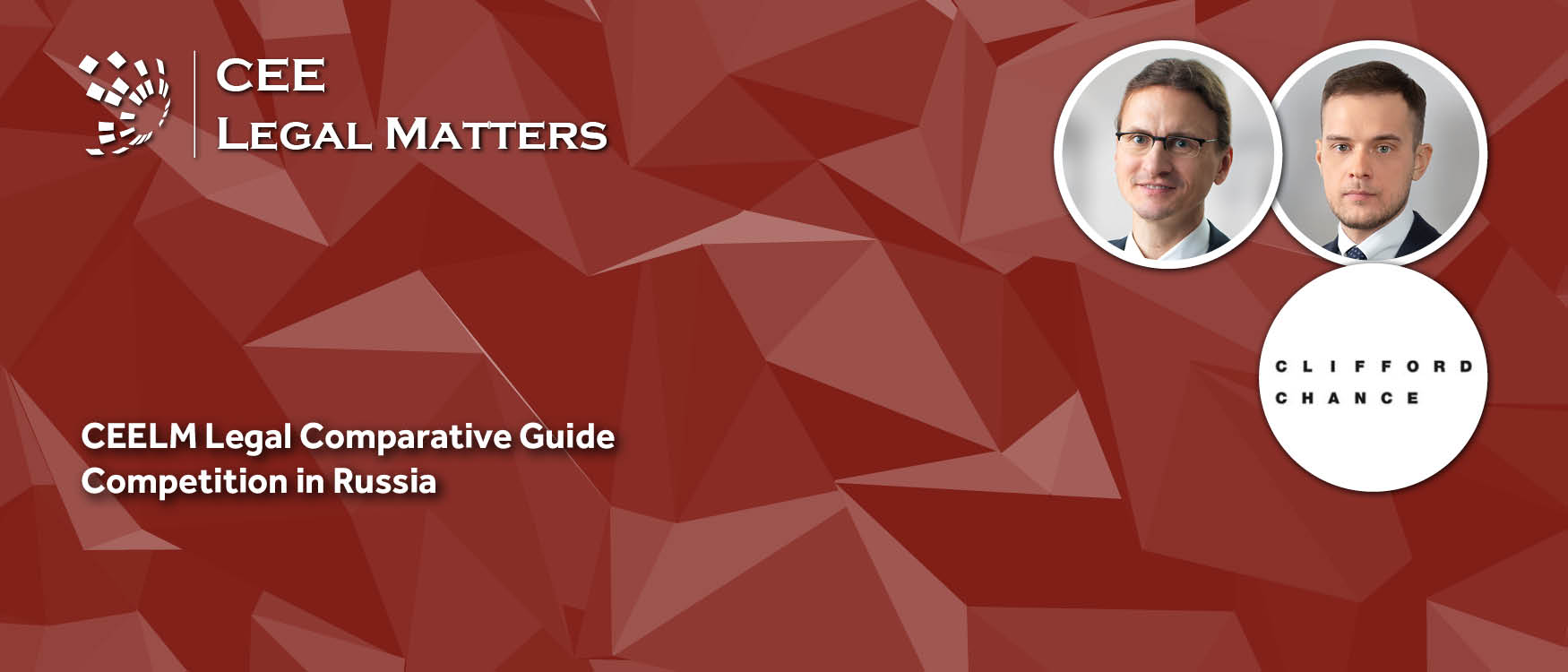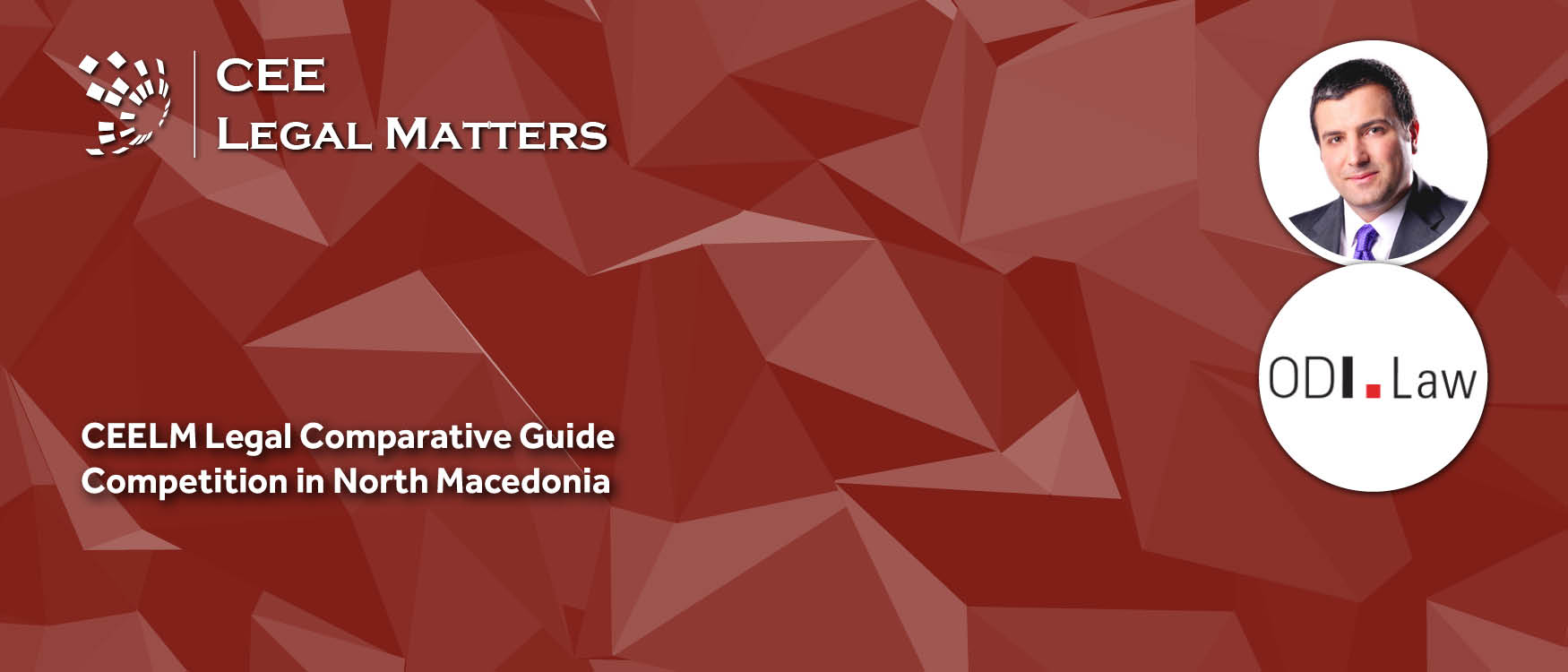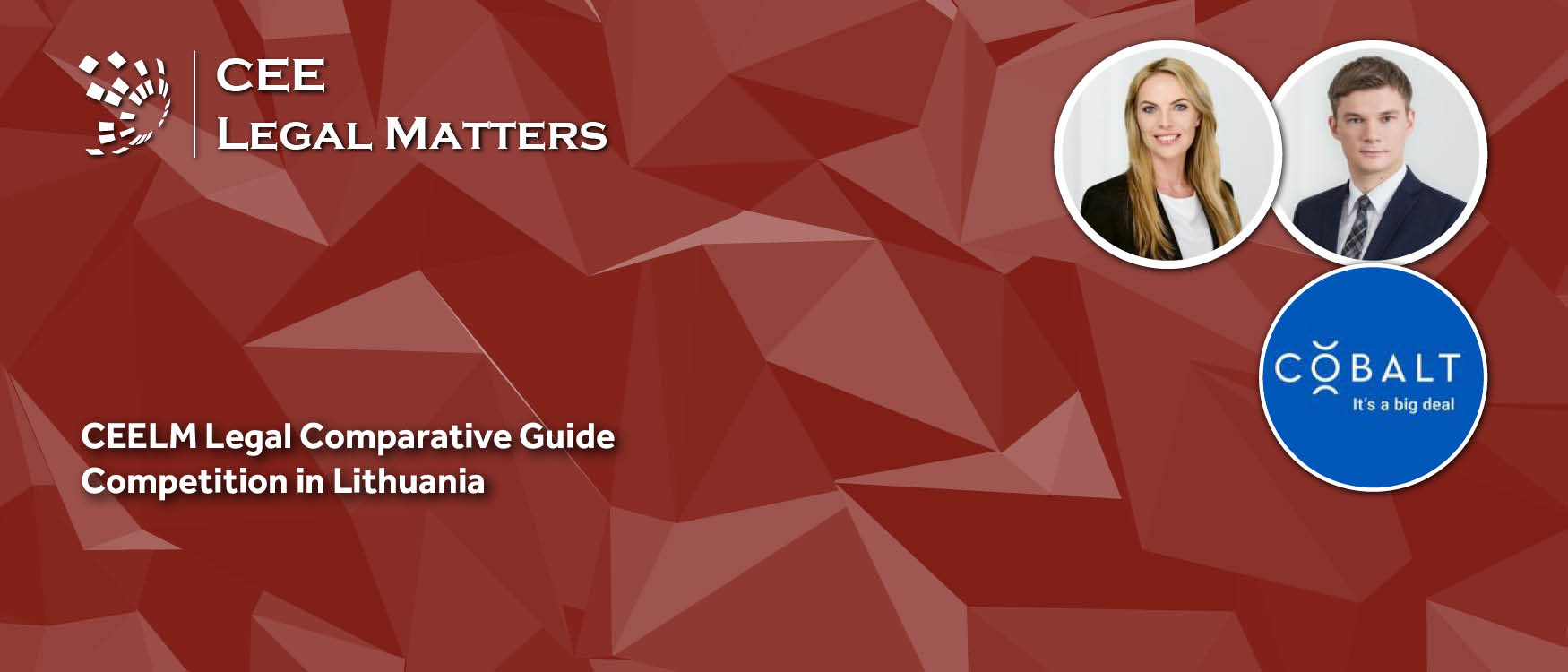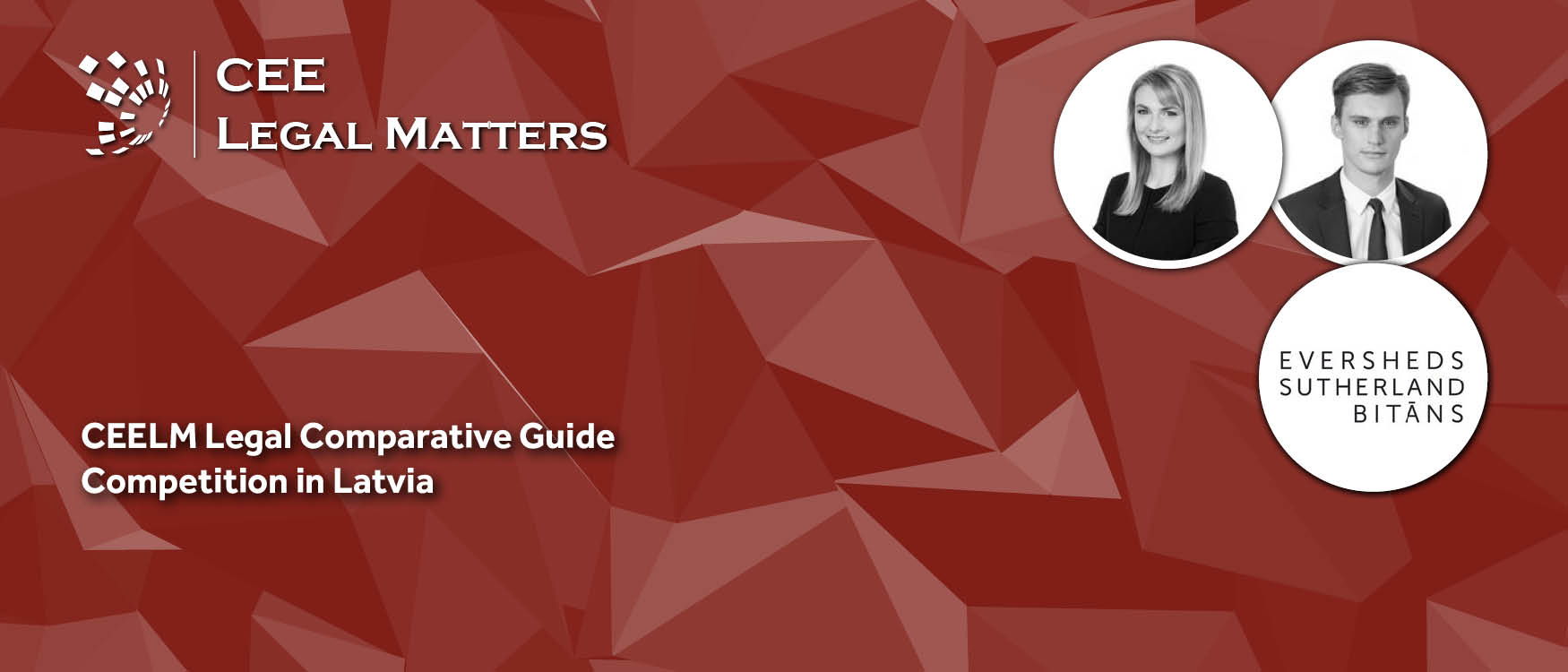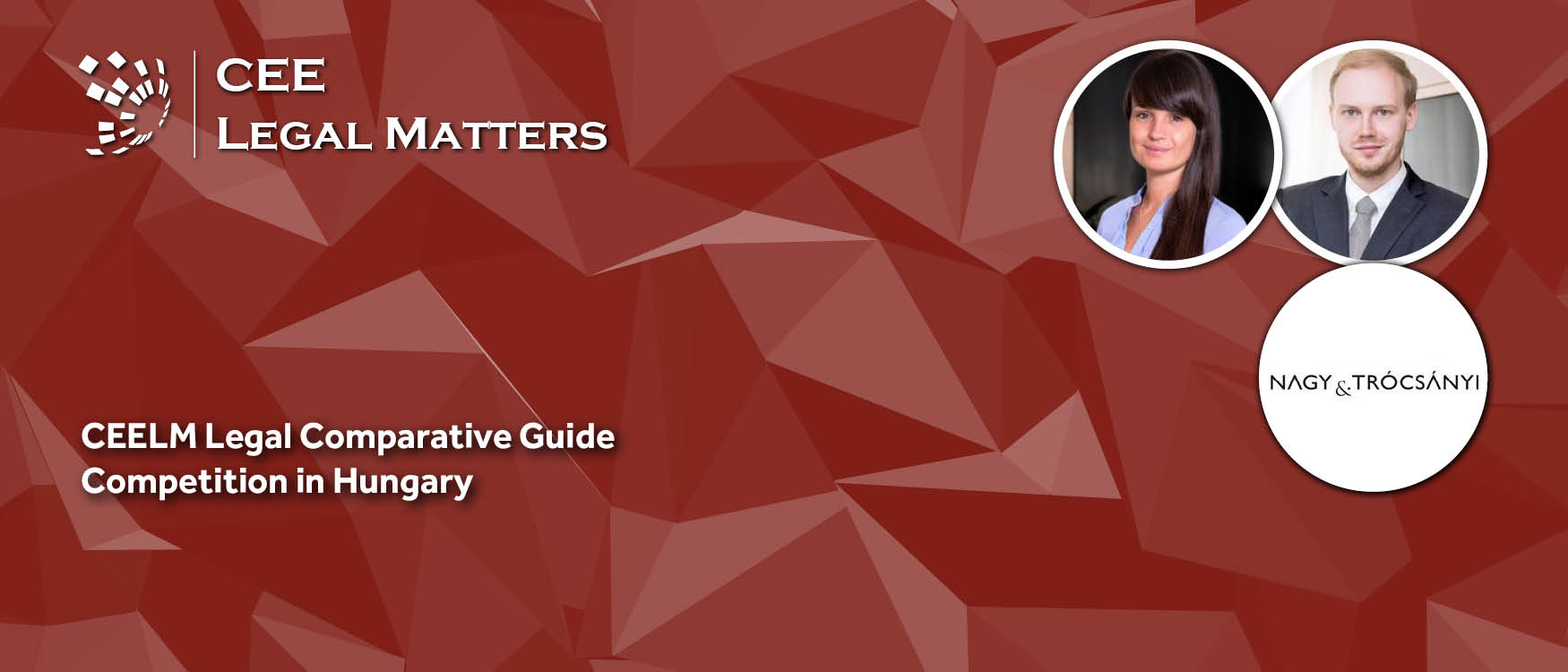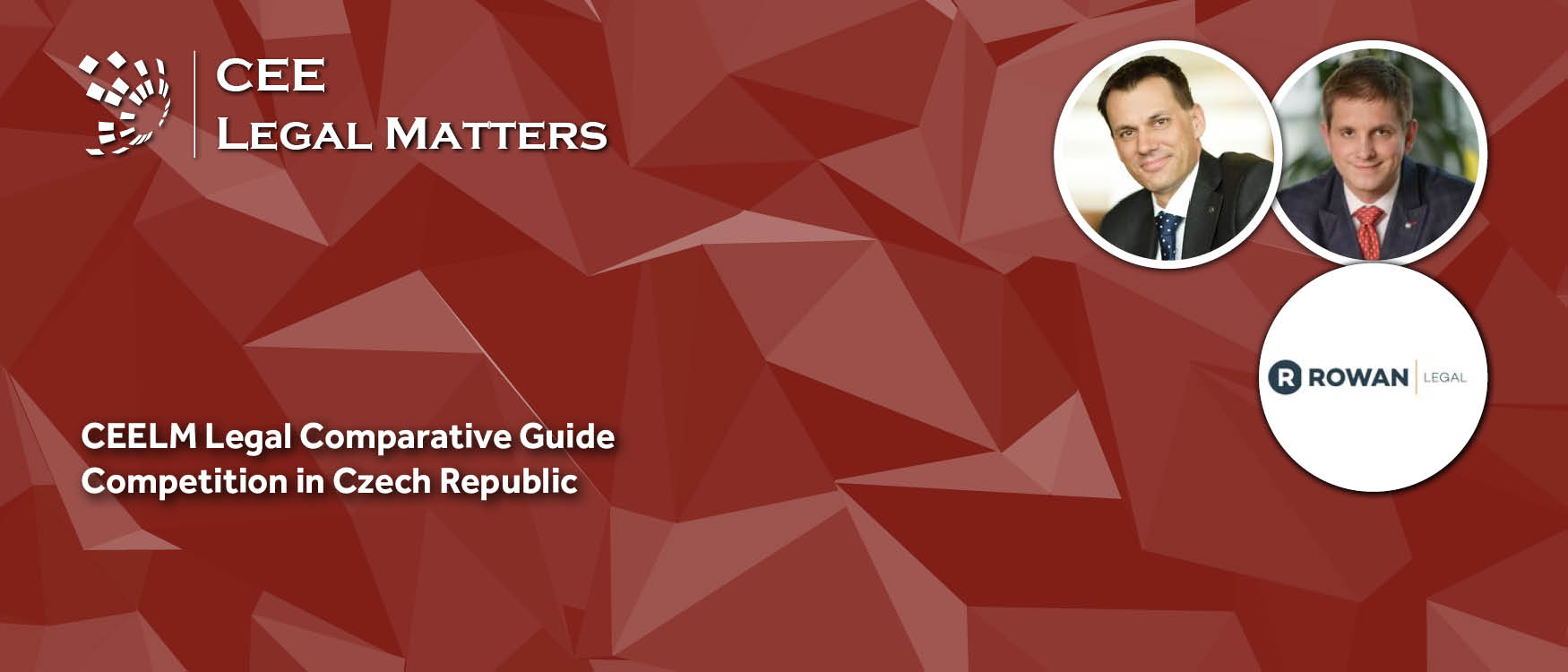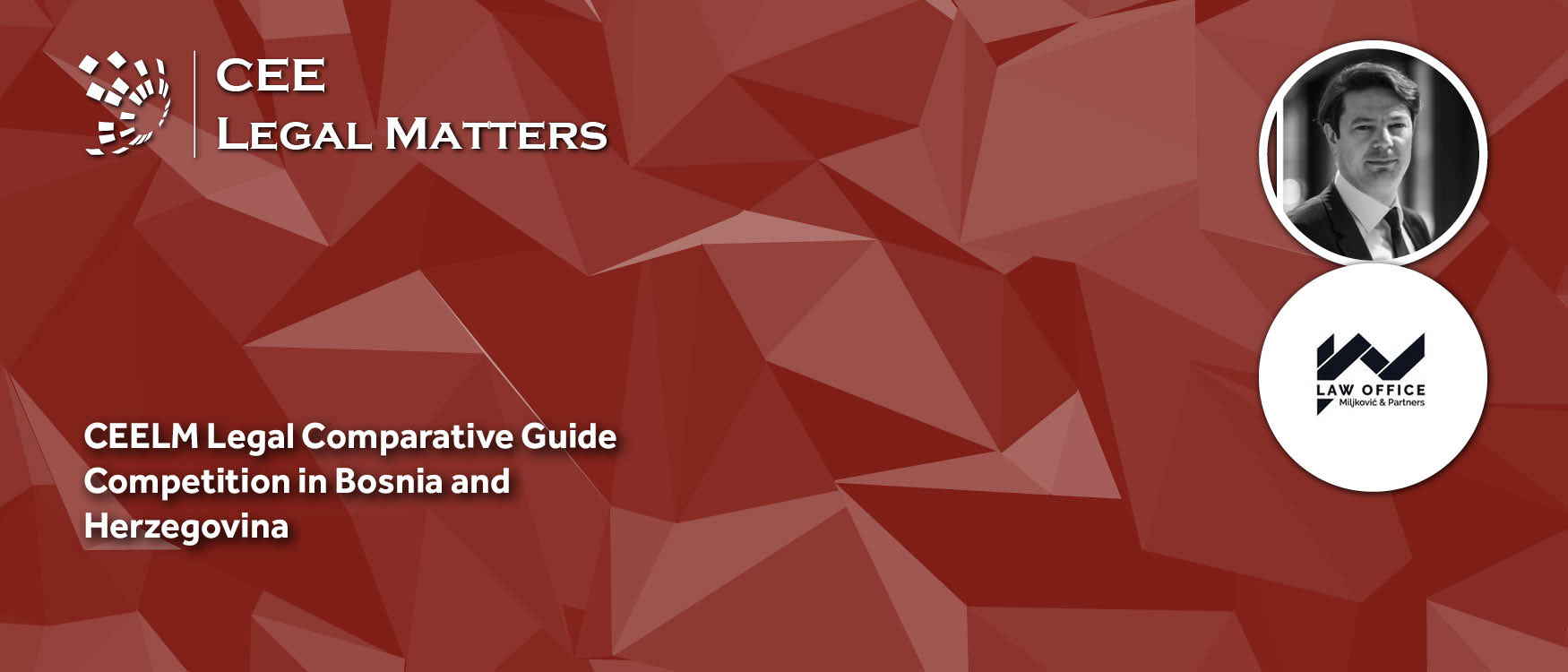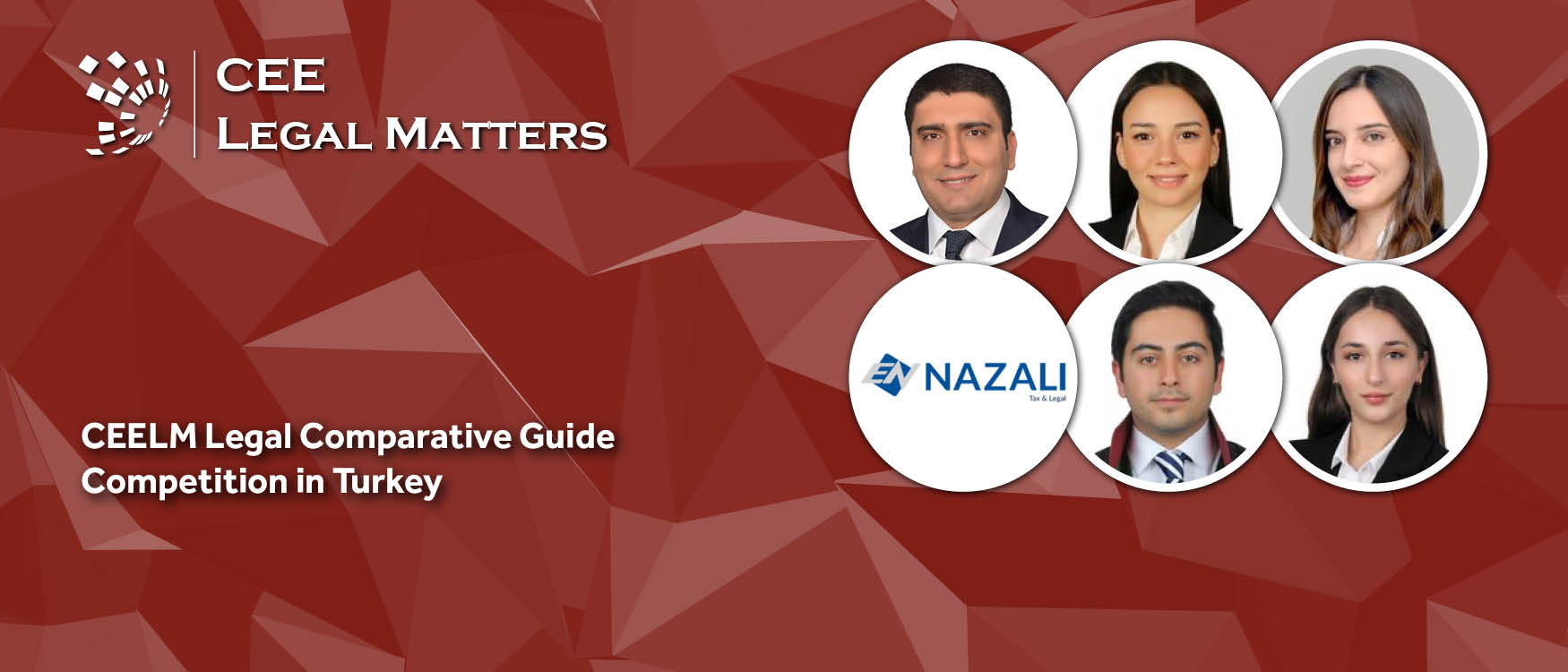Contributed by Tuca Zbarcea & Asociatii.
1. What are the main competition-related pieces of legislation in Romania?
The main local competition law norms are:
- Competition Law No. 21/1996 (Competition Law) stands at the core of competition legislation. Articles 101 and 102 of the Treaty on the Functioning of the European Union (TFEU) are applied directly. This is the core antitrust legal enactment in Romania.
- Law no. 11/1991 on unfair competition.
Such norms are completed and further explained based on norms issued by the Romanian Competition Council (RCC) and have the role to clarify and ensure the proper application of the Competition Law. EU guidelines and regulations on competition are also applicable in Romania.
2. Are there any notable recent (last 24 months) updates of the Romanian competition legislation?
Relatively recently two important pieces of legislation came into force:
- GEO 170/2020 on certain rules governing actions for damages under national law for infringements of the competition law provisions of the Member States and of the European Union. The norm sets forth an extensive procedure with regards to claims for damages resulting from a breach of competition norms.
- GEO 23/2021 on measures for the implementation of EU Regulation 2019 /1150 on promoting fairness and transparency for business users of online intermediation services. The RCC is the designated competent authority for ensuring compliance with the provisions of the regulation.
Another important recent amendment of secondary legislation consists in ensuring the proportionality of the fine by offering a deduction from the level of the fine that can go to up to 90% if the turnover on the relevant market related to the infringement is very low.
In the near future, it is expected that Law no. 11/1991 on unfair competition will be amended and two EU Directives to be transposed:
- Directive no. 2019/ 633 on unfair trading practices in business-to-business relationships in the agricultural and food supply chain; and
- Directive 2019/1 of the European Parliament and of the Council of 11 December 2018 to empower the competition authorities of the Member States to be more effective enforcers and to ensure the proper functioning of the internal market.
Additionally, a government emergency ordinance regarding the implementation measures of the EU Regulation no. 2019/452 establishing a framework for screening of foreign direct investments into the Union (FDI Regulation) is under its way to be adopted. However, an FDI screening procedure already existed in Romania prior to the issuance of the FDI Regulation.
3. What are the main concerns of the national competition authority in terms of agreements between undertakings? How about the sanctioning record of the authority?
Considering the sanctioning record of the RCC, it is safe to say that, for the competition authority, cartels (i.e. agreements between competitors aimed at distorting market competition) are the main target, as recent practice includes a growing number of cartel cases and the authors of the infringements are being severely sanctioned by high administrative fines.
The main focus is on cases relating to exchanges of sensitive commercial information, bid-rigging, and market sharing.
As a matter of novelty, the RCC started developing case-law on the concept of facilitator. In this context, even the organizer of a tender could risk being sanctioned for anticompetitive practices if it would support a transfer of sensitive information between the members of a cartel participating in the tender. Associations are also key candidates for the facilitator role in cases involving the illicit transfer of commercially sensitive information.
Also, the RCC has been showing a predilection for reaching a settlement with the parties involved in investigations, consisting of a reduction in the fine in exchange for an admission of guilt.
A selection of relatively recent sanctions applied by the RCC would include:
Cases of cartel
- 2021: Six companies offering catering services inside the Henri Coanda Bucharest International Airport were sanctioned with a fine amounting to approximately EUR 1.4 million for price-fixing.
- 2020: The Association of Romanian Financial Companies (ALB) and its members were sanctioned with a fine amounting to approximately EUR 8.5 million for participating in an exchange of commercially sensitive information.
- 2020: Two manufacturers of agricultural equipment and their dealers were sanctioned with fines totaling EUR 26.5 million for price-fixing. Although, in a supplier-reseller relation, the market relations were actually qualified by the RCC as being horizontal at least in the case of one of the suppliers and its dealers.
- 2020: 31 companies operating in the Romanian wood trading market were sanctioned with fines amounting to EUR 26.6 million for coordinating their behavior by exchanging commercially sensitive information, as well as the commercial strategy of participation in certain tenders or the conduct for bidding/not bidding for certain forest plots.
- 2020: The Confederation of Romanian Authorized Operators and Carriers (COTAR) and 18 undertakings active in the passenger transport market were sanctioned for concluding an agreement to limit/suspend public road passenger transport. The total fines reached approximately EUR 1 million.
- 2020: Four companies were sanctioned for bid-rigging on the market of vertical and horizontal road signs/marking with a total fine of approximately EUR 667,000. The case included a component of transfer of sensitive commercial information.
- 2020: Five companies were sanctioned with fines amounting to approximately EUR 468,000 for rigging the bid for roads rehabilitation.
- 2019: 13 companies and one association were sanctioned for concerted practices consisting of fixing minimum prices on the market for package holidays and transfer of sensitive commercial information. The total fines amounted to EUR 2.45 million.
- 2018: Nine MTPL insurance companies and one association were sanctioned with fines totaling EUR 53 million for price (increase) signaling.
- 2017: Five companies were sanctioned for market sharing arrangements on the electric meters sale market. The practices were identified to have occurred during public tenders organized by operators of power distribution networks. An element of novelty was that one tender organizer was sanctioned as the facilitator of the practice by supporting an illicit exchange of information. The total fines, in this case, reached approximately EUR 16 million.
- 2017: 33 companies and four associations were sanctioned for fixing minimum prices on the market for security services. The total fines amounted to EUR 5 million.
Vertical agreements
2019: Three companies active on the food retail market and four of their suppliers were sanctioned with a total fine of EUR 18.8 million for price-fixing in promotions.
- 2018: The RCC sanctioned one manufacturer and its 11 distributors active on the market for the production, distribution, and sale of car batteries for vertical price-fixing arrangements. The fines amounted to EUR 731,492.
- 2017: One manufacturer and seven distributors active on the car battery market were sanctioned with total fines amounting to EUR 120,000 for price-fixing.
- 2016: The RCC sanctioned various vertical price-fixing arrangements on the decorative coating/painting sector. The fines applied amounted to EUR 314,000.
4. Which competition law requirements should companies consider when entering into agreements concerning their activities on the Romanian territory?
Article 5 of the Competition Law, in line with Article 101 of the TFEU, prohibits any explicit or tacit agreements between undertakings or associations of undertakings, any decisions of associations, or any concerted practices between them, pursuing among others (i) price-fixing, (ii) customers or markets allocation, or (iii) bid-rigging. Such agreements include cartels and anticompetitive vertical agreements.
Cartels are illegal secret agreements or concerted practices between competitors intended to fix prices, restrict supply, and/or divide up markets (tacitly agreed practices included) and they could be in the form of: price-fixing arrangements, restrictions on sales or production capacities, sharing geographic markets or customers, collusion on the other commercial conditions for the sale of products or services, bid-rigging.
For infringements consisting of vertical agreements, severe sanctions apply, as well. The following types of agreements are qualified as hardcore vertical restrictions, being consequently banned irrespective of the parties’ market share: (i) resale price-fixing (setting a fixed or minimum resale price), (ii) market or clientele allocation, and (iii) parallel trade restrictions.
Other restrictions included in vertical agreements might be exempted (e.g. exclusive or selective distribution systems), either by the application of the EU Regulation No. 330/2010, which is directly applicable or following an individual examination under Article 101(3) of the TFEU undertaken on a case-by-case basis. In the context of an individual exemption, a balance between the negative effects of the vertical agreements (e.g. raising the artificial market entry barriers, restriction on inter-brand and intra-brand competition, etc.) and the expected positive effects (e.g. product quality improvement, investments for entering new markets, better distribution services, etc.) must be proved.
5. Does a leniency policy apply in Romania?
Companies who voluntarily disclose information and provide evidence on the existence of a breach of Article 5(1) of Competition Law and Article 101(1) of the TFEU may benefit from different types of incentives, i.e. exemptions, reductions of the fine.
In contrast with EU policy, where leniency is granted only in cases involving cartels, the RCC broadened the scope of the leniency policy and opened the procedure also for cases of hardcore vertical anti-competitive agreements. The leniency regime does not apply to agreements or practices which may be exempted under Article 101(3) of the TFEU.
The first leniency case finalized by the RCC (in 2010) was a local cartel formed by the taxi drivers in the Timis county. Years later, in 2014, the competition authority granted immunity in a case relating to an oil and gas drilling services cartel. Since then, the RCC is encouraging applications for leniency in some other notable cases including leniency granted in the electrical meters bid-rigging case (2017), the MTLP insurance cartel (2018), sanctions applied for practices on the financial leasing market (2020).
Some of the most important conditions to be met for the full immunity benefit are: (i) the company must be the first to inform the competition authority of the practice by providing sufficient information to allow RCC to open an investigation or perform an inspection at the premises of the companies allegedly involved in the anticompetitive practice; (ii) at the time the proof was provided to the RCC, the authority did not have sufficient evidence to establish the infringement; (iii) the company must also fully cooperate with the RCC throughout the procedure, bring forth all the proof it has in its possession, put an end to the anti-competitive practice, etc.
Companies that do not qualify for full immunity may benefit from a reduction of the fine if they provide evidence that constitutes “significant added value” to that already in the RCC’s possession and if they have ceased involvement in the anticompetitive practice. The reduction, in this case, may vary from 20% to 50%. The reduction may be mixed with reductions applied for settlement.
Although it is not part of the leniency program, a mention should be made that the RCC started operating an online platform (https://report.whistleb.com/ro/consiliulconcurentei) where any person or company may anonymously provide information to the authority in connection with anti-competitive practices.
6. How is unilateral conduct treated under Romanian competition rules?
Unilateral conduct is relevant if a company holds a dominant position, and it abuses such a position to its own advantage and to the detriment of other market players and consumers. In this context, dominant players could be sanctioned for breaching the antitrust rules set out in Article 6 of the Competition Law and Article 102 of the TFEU.
Dominance is traditionally defined as the ability of a company to act to a large extent independently from its competitors (actual and potential) and its clients in that particular market. However, under the provision of Article 6 of the Competition Law, firms that hold more than 40% market share on the relevant market are presumed to be dominant (rebuttable presumption). Besides the market share, other factors may be taken into account when assessing dominance, such as the structure of the relevant market, position of the main competitors, entry barriers, or specific advantages enjoyed by a company. However, above the 40% threshold, it is for the party reaching such a market share to demonstrate that it does not have a dominant position.
Holding a dominant position is not prohibited but abusing that position of power falls within the scope of the antitrust rules.
Sanctionable abusive behavior by a dominant company may consist of: (i) exploitative practices by abusing market power in trading relationships with customers or suppliers (e.g. unfair purchase or selling prices, tying arrangements, price discrimination) and (ii) exclusionary practices, i.e. abusing market power with an aim to harm competitors (e.g. refusal to deal, predatory pricing, etc.).
Article 6 of the Competition Law, mirroring the provisions of Article 102 of the TFEU, provides a non-exhaustive list of practices that are deemed as abuse of a dominant position:
- imposing, directly or indirectly, of selling or purchasing prices or other inequitable contractual clauses;
- limiting production, distribution, or technological development to the prejudice of consumers;
- applying to commercial partners dissimilar conditions for equivalent performances, to the effect of creating disadvantages in the competitive position of some of them (discrimination); and
- conditioning the conclusion of certain contracts on the commercial partner’s acceptance of clauses stipulating supplementary performances which, neither by their nature nor according to commercial practices, have any connection with the object of such contracts (known as tying and bundling).
7. Are there any recent local abuse cases of relevance?
The most recent cases of abuse instrumented by the RCC include:
- Delgaz Grid SA, a member of E.ON group, was sanctioned with a fine of approximately EUR 6.1 million for abuse of dominant position on the market of services related to natural gas distribution, respectively on the market of verification and technical revision of Natural Gas Utilization Installations in the distribution area of Delgaz Grid SA.
- Dante International (Emag online platform) was sanctioned for abuse of a dominant position on the market for intermediation services through online platforms. The fine was approximately EUR 6.7 million, with the RCC further imposing a series of corrective measures.
Other notable cases of abuse include:
- The natural gas distributor, Premier Energy, formally the successor of Gaz Sud SA, was sanctioned with a fine of approximately EUR 1.3 million for imposing discriminatory tariffs, also paying damages to the victims of infringements in a total value of RON 88,347.74.
- Orange was sanctioned for having abused its dominant position on the SMS bulk termination market in relation to an SMS bulk and payment services independent provider.
- Orange and Vodafone were sanctioned with fines of approximately EUR 34.8 million and EUR 28.3 million, respectively, for the restriction of access to essential facilities.
- The national post-office operator, Posta Romana, was sanctioned with a fine of approximately EUR 24.06 million for discrimination.
8. What are the consequences of a competition law infringement?
For a breach of competition norms, the RCC may apply sanctions up to 10% of worldwide turnover obtained by the company in question in the year prior to the issuance of the sanctioning decision. The fine shall not be lower than 0.5% of the turnover achieved in Romania in the year prior to the issuance of the sanctioning decision.
In addition, the author of the anticompetitive practice could face further measures, such as corrective measures imposed by the RCC, invalidation of contract terms, damage claims submitted by third parties affected by the violation.
Criminal liability may be also engaged against managers, legal representatives, any other person in a management position of a company who intentionally conceived or organized one of the prohibited practices under Article 5 of the Competition Law.
9. Is there any competition law requirement in case of mergers & acquisitions occurring or impacting the Romanian market?
The merger of two or more previously independent parties or the direct or indirect change of control through share capital/assets acquisition, by contract or by other means qualifies as an economic concentration and may trigger a notification obligation in Romania.
The competence for the review of transactions is divided between the European Commission and the competition authorities, the commission excluding local competence in case of community dimension transactions as provided under EU Merger Regulation No. 139/2004.
In absence of community dimension, a transaction falls under the RCC competence in case the following turnover thresholds are met by reference to the year preceding the proposed transaction (cumulative conditions):
- The total worldwide turnover of: (i) each undertaking/person holding control in the target post-transaction together with its respective group, but minus the target (as well as any other companies directly or indirectly controlled by the target), as the target is not double-counted; plus (ii) the target (and any companies directly or indirectly controlled by the target) exceeds the RON equivalent of EUR 10 million; and
- The Romanian turnover of each of at least two of the parties described above (notably, each undertaking/person holding control in the target post-transaction together with its respective group (representing two or more parties depending on the number of independent controlling shareholders), the target and any companies directly or indirectly controlled by the target) exceeds the RON equivalent of EUR 4 million.
The concept of parties concerned includes also group structures, thus it is not limited to the signing parties of the transaction documents.
If the threshold conditions are met, the transaction may not be implemented (a standstill obligation) prior to obtaining the merger clearance. Implementation of the transaction in the absence of such prior authorization may be sanctioned with an administrative fine of up to 10% of the turnover obtained in the year preceding the issuance of the sanctioning decision.
In case the transaction occurs in the following key sectors, a prior review from state defense perspective (FDI screening) must be performed before the Superior Committee of State Defence (SCSD): (i) security of citizens and collectivities; (ii) security of borders; (iii) energy; (iv) transportation; (v) security of vital resource supply systems; (vi) critical infrastructure; (vii) IT and communications; (viii) financial, fiscal, banking, insurance activities; (ix) arms, ammunition, explosives, toxic substances; (x) industrial security; (xi) the protection against disasters; (xii) the protection of agriculture and of the environment; (xiii) privatizations). The SCSD reviews risks from a state defense perspective.
Pursuant to the issuance of EU Regulation no. 452/2019 establishing a framework for screening of foreign direct investment into the EU, a new FDI screening norm and procedure is expected.
10. What is the normal merger review period?
Once a merger notification is submitted, the RCC has a period of 20 calendar days in which to request additional information from the parties. There is no limit to the number of requests for information.
A maximum period of 45 calendar days for the issuance of the decision (either authorizing it or opening an in-depth investigation) shall run from the date on which the authority considers that it has all the information to issue the decision (effective date), respectively from the date of the last answer to the clarifying questions raised.
The merger review and clearance process may thus take up to 60-90 days, depending on the complexity of the transaction and market impact.
In case the RCC opens an in-depth investigation (second phase), it has a maximum five-month term after the notification becomes effective until the competition agency should issue a decision on the case (authorization, conditional authorization, or refusal).
11. Are there any fees applicable where transactions are subject to local competition review?
In the context of submitting a merger notification for the prior approval of the transaction by the RCC, it is mandatory for the notifying party to pay a filing fee of RON 4,775, the equivalent of approximately EUR 960.
Apart from the filing fee, the notifying party shall pay a merger authorization/clearance fee as follows:
- if the transaction is authorized by the competition authority, the parties will pay a clearance fee ranging from EUR 10,000 up to EUR 25,000 depending on the turnover achieved by the target in Romania;
- in case the notified transaction triggered the second phase assessment, meaning that the RCC opened a merger investigation, the authorization fee is set from EUR 25,001 to EUR 50,000, also depending on the turnover achieved by the target in Romania.
12. Is there any possibility for companies to obtain State Aid in Romania? If yes, under what conditions?
Companies can obtain aid in the form of grants, subsidized public loans, tax advantages, etc. if they fulfill the criteria established in valid state aid schemes. Individual aid may also be available subject to separate individual authorization from the European Commission.
In a nutshell, the EU state aid principles apply equally in Romania. The European Commission has sole competence in state aid matters, while the RCC acts as a contact body in the relations between the Commission and Romanian public authorities, other state aid providers, and beneficiaries involved in state aid procedures. The RCC also provides specialized assistance to ensure the fulfillment of Romania's obligations in the state aid field, being involved also in the process of drafting normative acts or administrative measures enacting state aid.
Information on state aid schemes may be found at www.ajutordestat.ro (a website developed by the RCC). Aid approved for Romania is sorted on the website by aid authorized by the commission (including individual aid for companies located in Romania), aid issued under the EU exemption regulation for schemes, or de minimis aid.
13. What were the major changes brought by the COVID-19 crisis in the field? How likely is it for these changes to stick?
In the context of the COVID-19 health crisis, multiple stated aid schemes were adopted, such as individual aid for airlines and regional airports, state aid scheme to support SMEs, state aid for undertakings in the field of tourism, catering, event organization, etc.
It may be expected that the EU trend on COVID-19 support measures will be followed to the extent funds may be made available to offer support through state aid.

